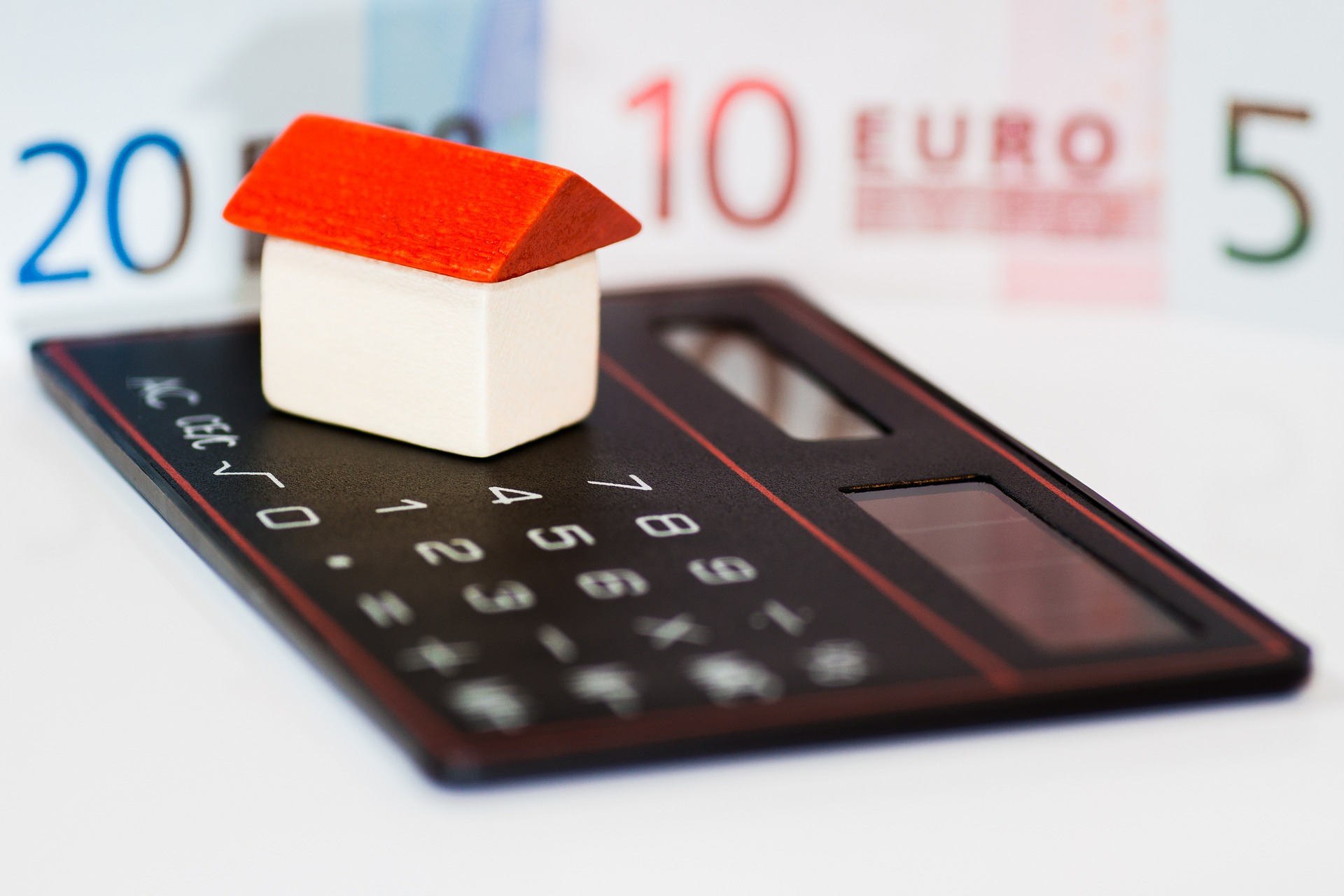Buying a house in The Netherlands: from property transfer tax to mortgage interest deduction
Buying a house can be a lot. During the purchase process, there are a number of things that come with complex laws and legislation. Especially the tax technical part is important to understand. Specifically because you can benefit from this financially. In this article we will briefly focus on the purchasing process, and we will explain in simple terms how, for example, the financing, property transfer tax and mortgage interest deduction work in The Netherlands.
Mapping out your housing needs
Before entering the world of the housing market, you should map out your housing needs. Do you prefer newly constructed homes or pre-existing? Are you looking for an apartment, row house or a stand-alone house? Do you want a garden? An open kitchen? Storage space or garage? How many bedrooms do you need and is the surface enough? Are you okay with renovating the house or not? Determine what you want and do not want in a new home. Check if there are alternative locations where you would want to move to in addition to your first choice. The more you know about how and where you want to live, the more you can focus your search.
Budgeting
Finding a home can only start after you have done a reality check. Because just as important as what you want to buy is the answer to the question of what you can buy. What is your budget? Are your housing desires attainable within this budget? To get a general indication of what the maximum amount of mortgage you can receive is, you can use a number of online tools. When you want to know exactly what your loan can be, you should talk to a few mortgage lenders.
Additional expenses and deductions
When looking at your available budget, it is important to be informed about the accompanying expenses when purchasing a home. It is also important to be aware that most of those expenses can be deducted in your tax declaration from the year that you have paid these expenses. You can deduct these expenses from your gross income from the past year, because for the purposes of your income tax, you made less money that year. Therefore you will not have to pay as much tax on your income.
Mortgage interest deduction
In addition to the deduction of expenses for getting a mortgage, you are entitled to the deduction of the expenses after purchasing the house. The interest you pay over your mortgage is in many cases deductible from your income. In order to do so, you are required to meet a number of requirements. When you are buying a house you can deduct the mortgage interest for a period of 30 years. You will have to use the mortgage or loan to purchase, renovation or maintenance of your home. Additionally, the mortgage will need to be paid off, in part, no less than one time a year. Because in almost all cases the repayment of mortgage occurs monthly, you are entitled to the tax deduction.
Property transfer tax
While you receive benefits in the form of deductions when purchasing a house, you will also need to pay taxes for purchasing real estate. We call this property transfer tax. For houses, the rate of the real estate transfer tax is 2%. This percentage is calculated over the purchasing amount and the additional expenses that you pay to the seller when buying a house. For example, when the total amount, including all additional expenses is €300.000, you will have to pay €6.000 property transfer tax.
Generally, the notary takes care of the property transfer tax. When you drafted a notary deed when purchasing a house, the notary will declare those taxes. When you did not draft a notary deed when purchasing your home (for example, in the case of economic ownership) you will need to arrange your tax declaration yourself within a month of the purchase. You can request a declaration form for the transfer tax at the Tax Authorities.
Pay attention: In a number of cases, you can get exemption for the real estate transfer tax. For example, people under 35 that buy a home for less than €400,000 do not have to pay the real estate transfer tax.
Viewings
When you have a proper idea of the amount of the mortgage you can loan and the taxes that go with it, you can now focus on finding your dream home. For most future homeowners, viewing potential homes is a fun activity in the process. Ideas and possibilities are now crystallized. From most real estate websites, you can get a pretty good idea of what the market has to offer. Funda.nl is mostly used in the Netherlands, and lists a huge pool of offerings from many real estate agents across the country. Although online is a good starting point to orient on available houses, only when you are physically present in a house you can really decide how you feel about it and what the actual state of the home is. Our advice is therefore to go to a lot of viewings. Do not be afraid to check homes that do not fit your description to the letter and be critical. Do not only check the home itself, but also the neighbours and neighbourhood. Be mindful of extra expenses like necessary repairs, overdue maintenance or renovation wishes. With a checklist you can ensure that you are well-prepared for your viewings and are well-informed walking out.
Making an offer
You found your dream home: the place where you (and your family) be happy to live. When you know for certain that you can and want to live somewhere, you should make an offer. This can be done with a registration (the highest offer ‘wins’), making an offer with room for negotiation or by directly making a final offer. Then, you will have to wait and see if you and the selling party can come to an agreement.
Provisional purchasing contract
Have you come to an agreement with the selling party about the price? Then, a provisional purchasing contract is drafted. In addition to the amount, the delivery date and conditions are included in this contract. When the buyer cannot get the money necessary or there are hidden defects found in the home based on an engineering report you requested, the sale can be discontinued.
It is important to know that when you agree to a provisional purchasing contract, it is not as non-committal as it may sound. Within the (three day) respite or because of one of the conditions, you can cancel the purchase without expenses. However, after the respite, the purchase is definitive. After that, you will need to pay a 10% fine of the purchasing price if you still want to cancel.
Buying a house and financing
Since 2018 you can only get 100% of the value of the house in a mortgage loan when you are buying a house in The Netherlands. This means that any additional expenses (such as the real estate transfer tax, appraisal expenses, real estate commission, notary et cetera) will need to be paid out of your own pocket. These expenses generally amount to about 6% of the purchasing price of the home. Make sure you have your own capital or an additional loan to pay for this.
You can get a mortgage with a bank or (partially) with a private loan from, for example, family. Unlike with a mortgage loan from a bank, with a private loan your home is not collateral. You are however still entitled to the fiscal benefits such as the mortgage interest deduction, same as with a bank mortgage loan.
Transfer
The moment is here: buyer and seller meet at the notary for the key transfer. The delivery deed is signed by both parties and the notary. When the notary registers a copy of this deed with the public registers of the cadastre, you are officially the owner of your new home!
Fiscal consequences buying a house
When you are buying a house, you will need to declare the expenses you made for the purchase of your home with your declaration of income tax. These expenses lower your income, and you do not have to pay as much tax. When you have a fiscal partner, it is advisable to divide the expenses appropriately to get the maximum tax benefit out of it.
Suggested reading
If you are interested in Dutch housing policy, you can read all about it here. The Dutch government provides information on property transfer tax in English. When you rent or would like to rent a home, you can read more about the rental contract in this article. We at Lexlupa are happy to help, if you have any questions on buying a house in The Netherlands.
Lexlupa is a multidisciplinary effort of fiscal, legal and economic experts. We give advice and guidance to companies, institutions and private individuals at life events. Lexlupa helps you to make well-informed choices in business and personal affairs, and supports you in managing your business in the best possible way.
*Need help with the Dutch websites? info [at] lupacompany.com (Contact us)

